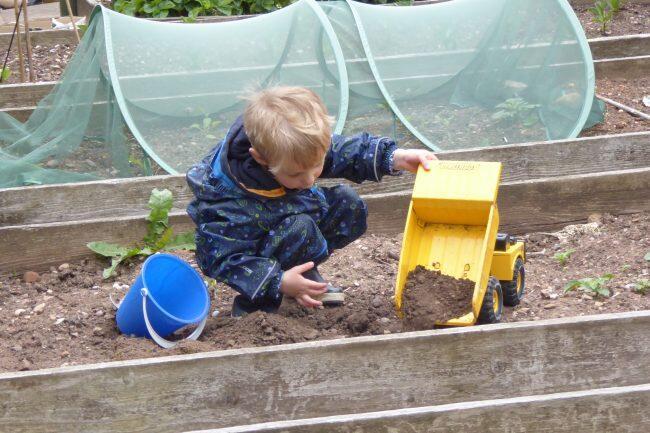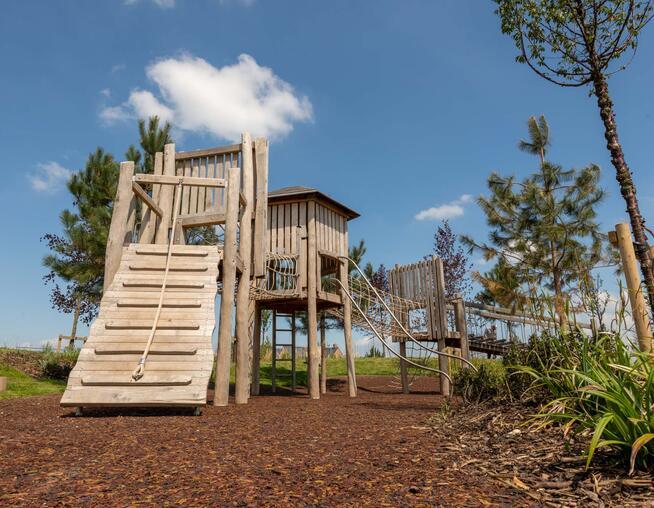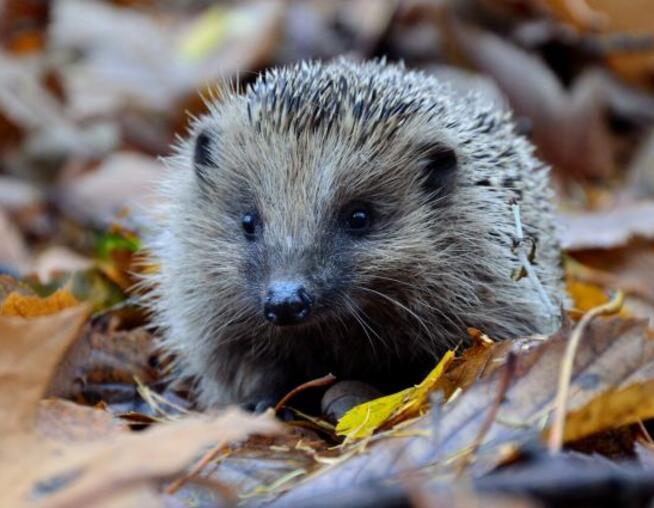National Children's Gardening Week - Importance Of Gardening For Children
BMD Senior Landscape Architect Yu Yang highlights the benefits of children gardening and how as a practice we embed gardening opportunities for children, families and schools as part of our landscape designs.
From 19th May to 6th June is National Children's Gardening Week 2021. It is an annual festival to promote children's gardening and celebrates the valuable experiences that gardens bring to children.
Gardening is an effective way to introduce children to the natural world, science and geography. It gives them a fantastic opportunity to observe, explore, and interact with natural elements, to experience the rhythm of nature through seasonal changes, and to understand how plants, animals and climate work together to harvest the beauty we see in our gardens and the food that we eat.
Warm weather and half term make this week the perfect time for getting children to explore the wonderful outdoors and inspiring them to enjoy gardening. There are plenty of events going on in garden centres across the country and ideas for children to get involved during National Children's Gardening Week.
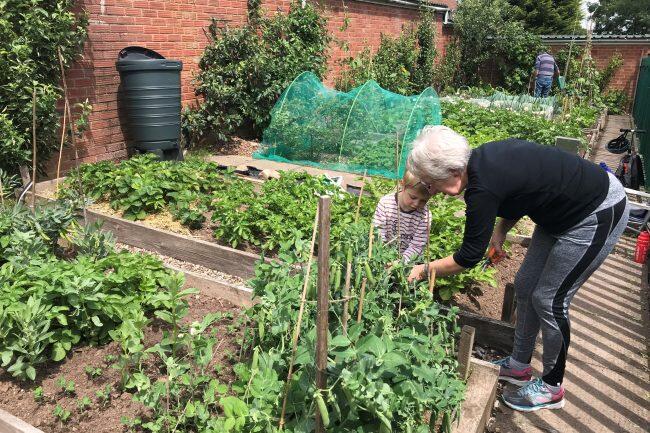
Helping Children Grow – the benefits
We are very fortunate to have a small allotment in our garden where my children have planted vegetable seeds, watered, and tended them, and then watched them grow. I remember seeing their exciting faces when they picked up a tomato after weeks of caring. There are no overnight successes in the garden, so as in life. Through gardening, they've learnt dedication and patience.
Like many other parents, I do often struggle to maintain their adequate level of vegetable intake. Interestingly but not surprisingly, children are keen to try the vegetables they've grown themselves. Being involved in gardening helps tremendously on fostering their healthy eating habits.
Children are also great sensory learners. They feel the rich texture of the leaves, taste the sweet fruits/berries, see the colour and pattern, smell the fragrant plants like lavender and listen to plants rustling in the wind.
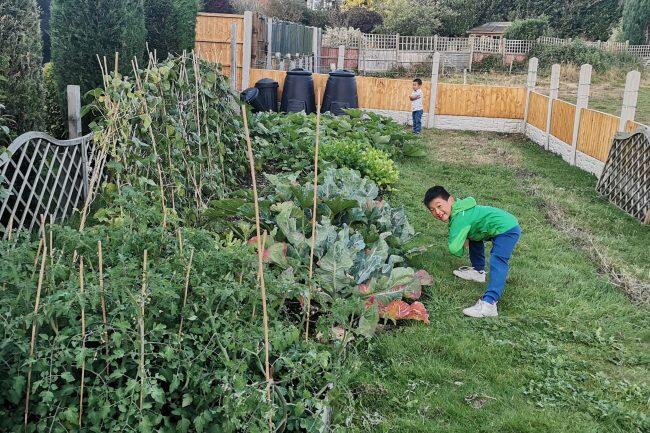
Gardening involves lots of physical activities. Children need to bend, stretch, dig, weed, lift, plant and water, participating in a wide range of movements that use plenty of their muscles. For the younger kids, using their hands can help them to form strong eye-hand coordination and develop better fine motor skills.
Working in a garden teaches children to categorise, organise and plan ahead - and these skills translate directly into other aspects of life. I was so impressed to see my older son come up with a plan showing the vegetables he wanted to grow this year, and when and where they would be transplanted in the ground. All simply because we did not plan much last year, and had to be really creative in cooking with mountains of courgette and beans...
Gardening can support children's emotional functions as they express delight or disappointment when plants thrive or struggles. A few minutes of weeding, digging or just looking at green leaves and flowers, have a significant effect upon the reduction of the level of the stress hormone, cortisol in children. They also feel the pride and confidence when sharing their gardening stories or presenting their products with families, neighbours and friends.
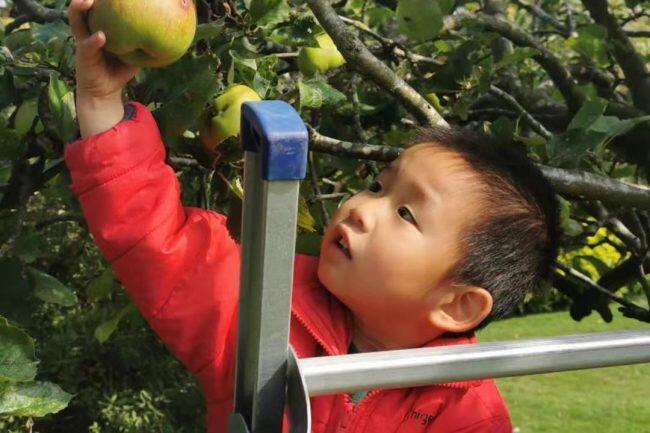
Embedding gardening opportunities in landscape design
Working with children, families and schools to create spaces for various gardening opportunities has always been our approach to connect children with nature. The new primary school at Wintringham Park follows philosophy of 'Forest Schools' to encourage and inspire pupils through positive outdoor experiences. Allocated gardening areas have been created to provide opportunities for children to do bug hunts, make mud pies, and grow vegetables and/or fruit. Ever since its implementation, it's hugely appreciated by the teachers as a valuable resource for improving children's health and support their overall development. In the recently submitted Marleigh (Phase 2) Reserved Matters Application (RMA), for our client Hill, the overarching principle of bringing nature into the heart of development has been well supported by the council and local community. The scheme offers huge opportunities for children to be active in outdoor spaces. They can pick up an apple on the way to school, smell the fragrant flowers in local park, or grow their own vegetables on their doorsteps. Children's interaction will bring families together, nurture a sense of identity and eventually form a strong local community.
It's widely reported that childhood obesity is a major public health concern in the UK. The primary causes are poor diet and decline in physical activities. The urgency has been recognised in national and local policies with more and more councils setting out requirements for food growing spaces when developing planning policies and supplementary guidance. Wherever it's formal allotment, community orchard, edible plants in local parks, kitchen gardens in school grounds or vegetable beds on podium gardens, children will harvest a lot when engaging with it. By making creative use of spaces, we can help to make gardening possible, accessible and enjoyable for all the children, enriching their experience with natural world for a more active, happier and healthier life.
Date published: 01 Jun 2022
